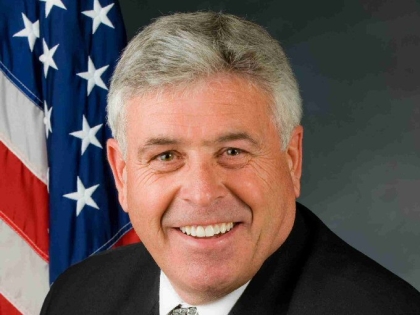
“cow Tax” Could Have Unintended Consequences
Aubertine: Greenhouse gas regulations could increase global emissions, devastate economy
WATERTOWN (December 12, 2008)—State Sen. Darrel J. Aubertine today said that a proposed rule to regulate greenhouse gas emissions, including methane from livestock, would not only devastate agriculture in New York State and nationwide, but it would likely also increase global greenhouse emissions.
"There is simply is no rationale to justify putting a tax on cows for how much methane they produce," Sen. Aubertine said. "That type of fee or tax could put our local farms out of business, leaving foreign producers to meet the demand for meat and dairy among American families. These foreign farms have fewer environmental controls and less efficient production methods. When you add in the distance these goods would have to be shipped, this tax makes no sense environmentally or economically."
The Environmental Protection Agency’s proposed rule would regulate greenhouse gas emissions from automobiles under the Clean Air Act, but this would require classifying all greenhouse gases including methane as pollutants. Under the Clean Air Act, any entity that emits more than 100 tons of pollutant would require a permit, meaning 95 percent of American livestock farms—those with more than 25 dairy cows, 50 beef cattle or 200 hogs—would need a permit.
"The EPA has indicated it will not propose a tax on livestock emissions, but the agency is working on regulations for greenhouse gases and we need to make sure we’re heard clearly on this issue," Sen. Aubertine said. "This is the type of regulation that helps no one. In all honesty it does nothing for us environmentally and it would most certainly put our farms at a competitive disadvantage."
States would be responsible for permitting and setting fees, but based on the EPA’s presumptive minimum rate of $43.75 per ton, it could result in taxes of more than $175 per year for each dairy cow, $87.50 per head for beef cattle and $20 for eachhog. A family dairyfarm of 75 cows could end up owing more than $13,000. With the current variability in commodity prices, this could put many producers out of business.